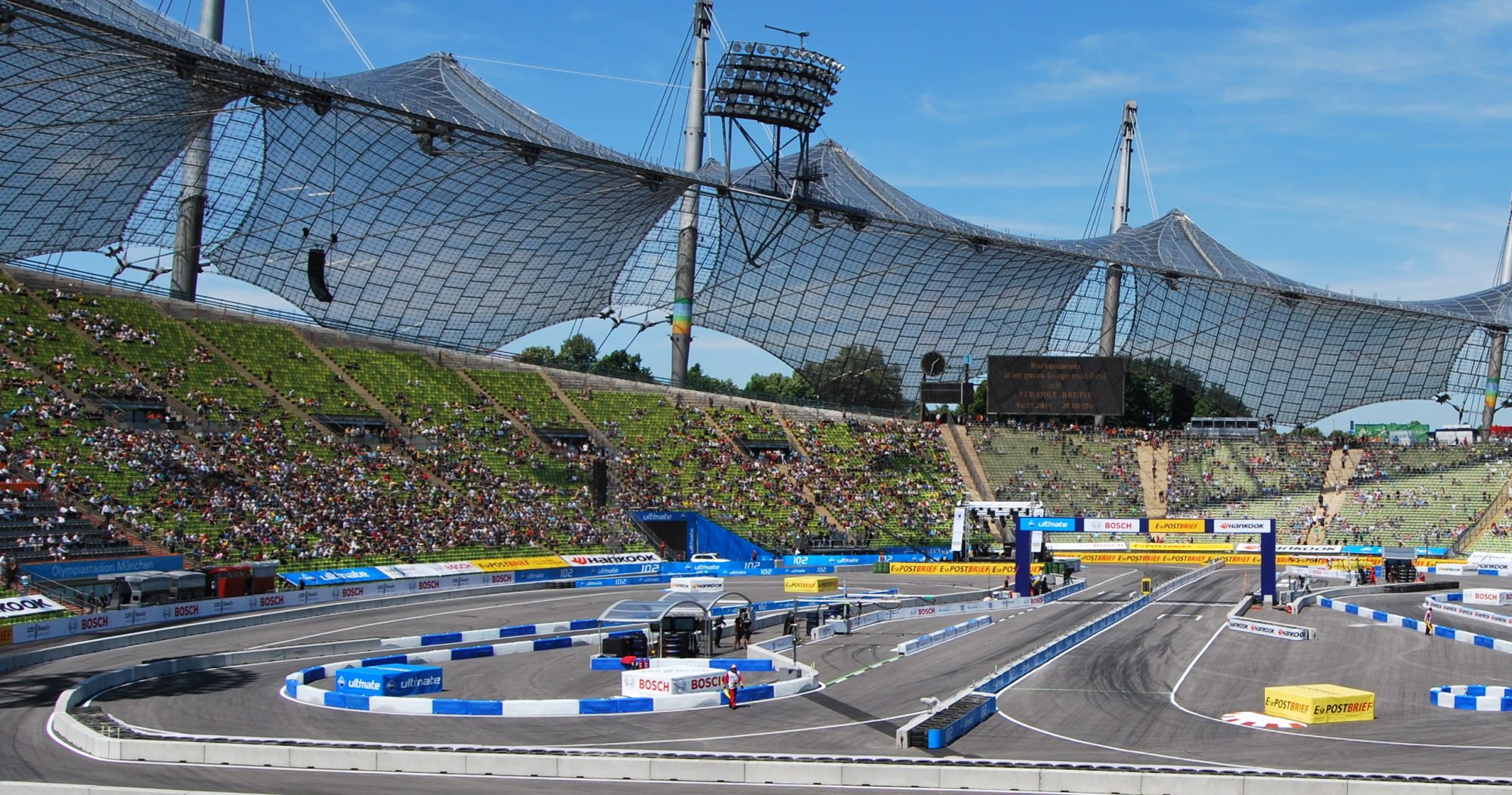The last 3 days I tried to install kubernetes 1.25.4 on a Debian 11 (Bullseye) box without success. The problem was that the kubeadm init process always hangs with the message:
....
[wait-control-plane] Waiting for the kubelet to boot up the control plane as static Pods from directory "/etc/kubernetes/manifests". This can take up to 4m0s
I1121 08:17:12.320743 8096 round_trippers.go:466] curl -v -XGET -H "Accept: application/json, */*" -H "User-Agent: kubeadm/v1.25.4 (linux/amd64) kubernetes/fdc7750" 'https://x.x.y.y:6443/healthz?timeout=10s'
I1121 08:17:12.321047 8096 round_trippers.go:508] HTTP Trace: Dial to tcp:x.x.y.y:6443 failed: dial tcp x.x.y.y:6443: connect: connection refused
....Even as I tried several different tutorials and guidelines I failed to solve this issue. (See also here)
Using cri-o instead of containerd…..
Kuberentes supports different Container Runtimes. containerd is only one of them. Maybe containerd and Debian 11 are not the best friends. I don’t know…
cri-o is an alterative lightweight Container Runtime for Kubernetes. After I switched from containerd to cri-o everything worked like a charm. So here is my short guideline how to install cri-o on a fresh Debian 11 box.
Note: If you have already installed containerd you need to remove it first!
Install cri-o on Debian 11
As usual for kuberentes first make sure that you have enabled the necessary enable kernel modules and setup the iptables:
$ sudo modprobe overlay
$ sudo modprobe br_netfilter
$ sudo tee /etc/sysctl.d/kubernetes.conf<<EOF
net.bridge.bridge-nf-call-ip6tables = 1
net.bridge.bridge-nf-call-iptables = 1
net.ipv4.ip_forward = 1
EOF
$ sudo sysctl --system
Next you need to add the repositories maintained by opensuse.org:
$ sudo -i
$ OS=Debian_11
$ VERSION=1.23
$ echo "deb https://download.opensuse.org/repositories/devel:/kubic:/libcontainers:/stable/$OS/ /" > /etc/apt/sources.list.d/devel:kubic:libcontainers:stable.list
echo "deb http://download.opensuse.org/repositories/devel:/kubic:/libcontainers:/stable:/cri-o:/$VERSION/$OS/ /" > /etc/apt/sources.list.d/devel:kubic:libcontainers:stable:cri-o:$VERSION.list
$ curl -L https://download.opensuse.org/repositories/devel:kubic:libcontainers:stable:cri-o:$VERSION/$OS/Release.key | apt-key add -
$ curl -L https://download.opensuse.org/repositories/devel:/kubic:/libcontainers:/stable/$OS/Release.key | apt-key add -Now you can start installing cri-o from the new repository:
$ sudo apt update
$ sudo apt-get install -y cri-o cri-o-runc
$ sudo apt-mark hold cri-o cri-o-runc
# Start and enable CRI-O
$ sudo systemctl daemon-reload
$ sudo systemctl enable crio --nowThat’s it. To verify if your cri-o runtime is up and running call:
$ sudo systemctl status crio
● crio.service - Container Runtime Interface for OCI (CRI-O)
Loaded: loaded (/lib/systemd/system/crio.service; enabled; vendor preset: enabled)
Active: active (running) since Mon 2022-11-21 15:14:44 UTC; 21min ago
Docs: https://github.com/cri-o/cri-o
Main PID: 2372 (crio)
Tasks: 12
Memory: 770.4M
CPU: 28.268s
CGroup: /system.slice/crio.service
└─2372 /usr/bin/crio
Nov 21 15:18:12 master-1 crio[2372]: time="2022-11-21 15:18:12.035184530Z" level=info msg="Created container 0878bbfc957e8a7fb069b83a9101c9386d0bee5ea14c10c81ea0379c14cd3240: kube>
Nov 21 15:18:12 master-1 crio[2372]: time="2022-11-21 15:18:12.038925952Z" level=info msg="Starting container: 0878bbfc957e8a7fb069b83a9101c9386d0bee5ea14c10c81ea0379c14cd3240" id>
Nov 21 15:18:12 master-1 crio[2372]: time="2022-11-21 15:18:12.049779604Z" level=info msg="Started container" PID=9385 containerID=0d50842810cb5a0632b137a16e1d29845f4dc3cb9e8e8fc3>
Nov 21 15:18:12 master-1 crio[2372]: time="2022-11-21 15:18:12.063878077Z" level=info msg="Started container" PID=9383 containerID=0878bbfc957e8a7fb069b83a9101c9386d0bee5ea14c10c8>
Nov 21 15:22:56 master-1 crio[2372]: time="2022-11-21 15:22:56.803994649Z" level=info msg="Checking image status: registry.k8s.io/pause:3.8" id=2521c53d-4b83-4b95-8501-363d83ac149>
Nov 21 15:22:56 master-1 crio[2372]: time="2022-11-21 15:22:56.804517064Z" level=info msg="Image status: &ImageStatusResponse{Image:&Image{Id:4873874c08efc72e9729683a83ffbb7502ee7>
Nov 21 15:27:56 master-1 crio[2372]: time="2022-11-21 15:27:56.810307321Z" level=info msg="Checking image status: registry.k8s.io/pause:3.8" id=4b38e75e-8e03-4007-8554-323eb6c404a>
Nov 21 15:27:56 master-1 crio[2372]: time="2022-11-21 15:27:56.810772581Z" level=info msg="Image status: &ImageStatusResponse{Image:&Image{Id:4873874c08efc72e9729683a83ffbb7502ee7>
Nov 21 15:32:56 master-1 crio[2372]: time="2022-11-21 15:32:56.814927245Z" level=info msg="Checking image status: registry.k8s.io/pause:3.8" id=ba81dd6e-491d-43ed-a114-5b69a980569>
Nov 21 15:32:56 master-1 crio[2372]: time="2022-11-21 15:32:56.815618456Z" level=info msg="Image status: &ImageStatusResponse{Image:&Image{Id:4873874c08efc72e9729683a83ffbb7502ee7Now you can start init your kubernetes cluster:
$ sudo kubeadm init --pod-network-cidr=10.244.0.0/16 
Please note there are (as I write) 8 mis-typings here of cri-o as cir-o, most egregiously in the article title. 🙁
And as for the problem you experienced with containerd, I do hope in time it might somehow be resolved (and that you or anyone interested might share an update on that here), in case future readers find this discussion of it. Thanks for suggesting the workaround folks can consider.
thanks for your feedback – stupid typo is now fixed.